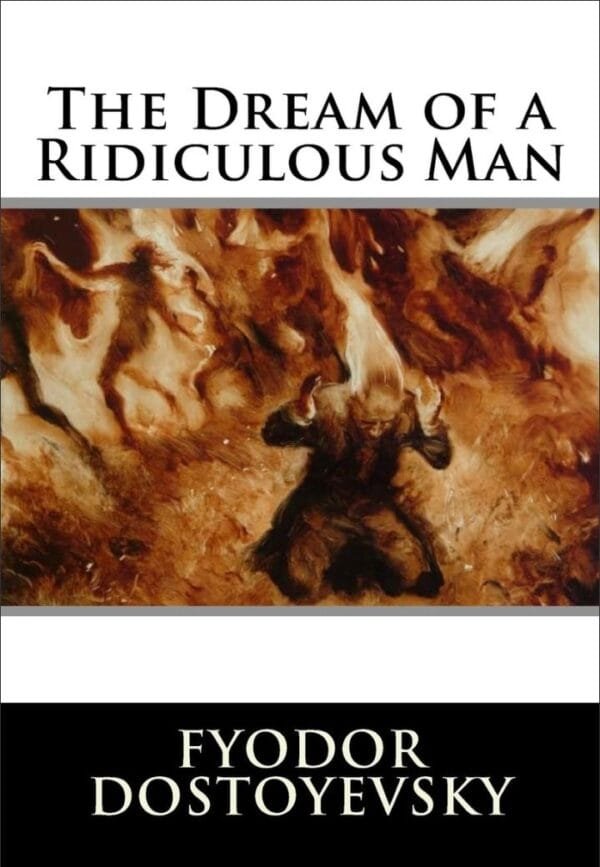Beyond Good and Evil: Prelude to a Philosophy of the Future
With a blade sharpened by irony and insight, Beyond Good and Evil tears through the comfortable illusions of morality, truth, and human greatness. In this audacious philosophical voyage, the reader is invited to abandon inherited certainties and peer into the abyss of power, instinct, and will. Is our conscience a noble guide—or a cage built by forgotten tyrants of thought? With lightning-bolt aphorisms and searing clarity, this work dares us to rethink the foundations of justice, virtue, and even the self. It is not a map, but a mirror—reflecting who we are, and who we might become when we step beyond the veil of good and evil.
- Originally Published: 1886
- Publisher: Cambridge University Press, 2002
- Genre: Philosophy
- Pages: 230
- Book Type: Hardcopy
- ISBN: 978-0521779135
- Access: Members
Description
Beyond Good and Evil: Prelude to a Philosophy of the Future is a pivotal work by the German philosopher Friedrich Nietzsche, first published in 1886. Building on the themes and ideas introduced in his earlier work, Thus Spoke Zarathustra, Beyond Good and Evil takes a more critical and confrontational approach, challenging the foundational principles of Western philosophy and morality. Nietzsche’s critique is aimed at the philosophical traditions that have dominated the intellectual landscape, accusing past philosophers of blindly adhering to dogmatic doctrines and failing to question the assumptions behind their moral systems.
At the heart of Beyond Good and Evil is Nietzsche’s rejection of the conventional dichotomy between “good” and “evil.” He contends that the traditional understanding of these concepts, in which good is seen as the opposite of evil, is an oversimplification that fails to account for the complexity of human nature. Instead, Nietzsche argues that both good and evil are expressions of the same fundamental impulses—forces that, in different contexts, manifest in varying forms of human behavior. By deconstructing this binary, Nietzsche opens up a space for a more nuanced and fluid understanding of morality, one that transcends the rigid confines of traditional ethical systems.
The book challenges readers to move “beyond good and evil,” urging them to embrace a more individualistic and life-affirming approach to morality. Nietzsche criticizes the herd mentality that he sees as prevalent in society, advocating for the creation of new values that are rooted in individual strength, autonomy, and the recognition of life’s inherent complexity and ambiguity. He warns against the dangers of moral absolutism, urging a radical revaluation of all values, and calls for a philosophy that is willing to confront the perspectival nature of knowledge and the limitations of human understanding.
Nietzsche’s Beyond Good and Evil not only offers a profound critique of traditional moral thought but also lays the groundwork for his later works, where he explores the idea of the “Übermensch” (Overman) and the notion of the “will to power.” This book is a call for intellectual independence, urging individuals to think for themselves, challenge established norms, and confront the existential dilemmas of modern life. With its bold, uncompromising ideas and radical reevaluation of the values that shape human existence, Beyond Good and Evil remains one of the most influential and provocative texts in the history of philosophy.







Reviews
There are no reviews yet.